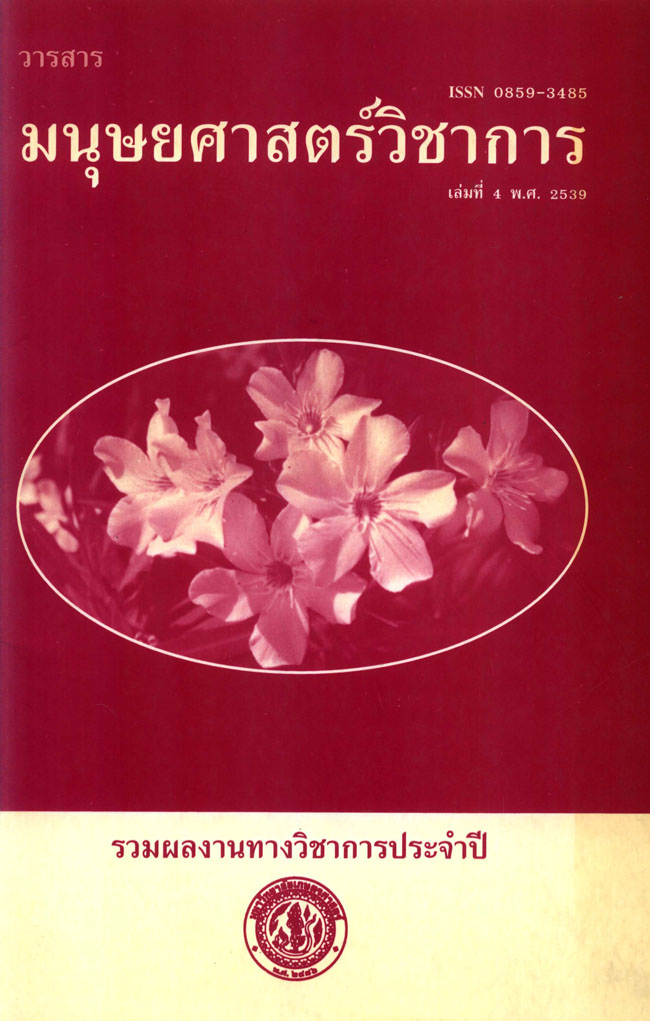Equality - Why It Cannot Be Achieved : A Buddhist View
Main Article Content
Abstract
The purpose of this article is to inquire into the failure to attain the social ideal called “equality” from the Buddhist stand - point. The inspiration to have “equality” by one’s own id due to its relevance to our current issues on rights - human rights, the women’s right,and the children’s rights, etc.
In Buddhism, it is the human ego-centric mind which plays a dominant role in human activities and thus keeps humans away from the ideals. The ego-centric mind comes into being duo to the Five Aggregates of Attachment, of which the most prominent feature is identified with the First Personal Pronouns, namely , “I”, “my” , and “ I am” in our language.
It is noteworthy that equality as known in our political life is not quality as conceived by Buddhism. It is nothing but an ego-centric mind. That is why the more we rely upon it, the more we are moving away from this ideal.


